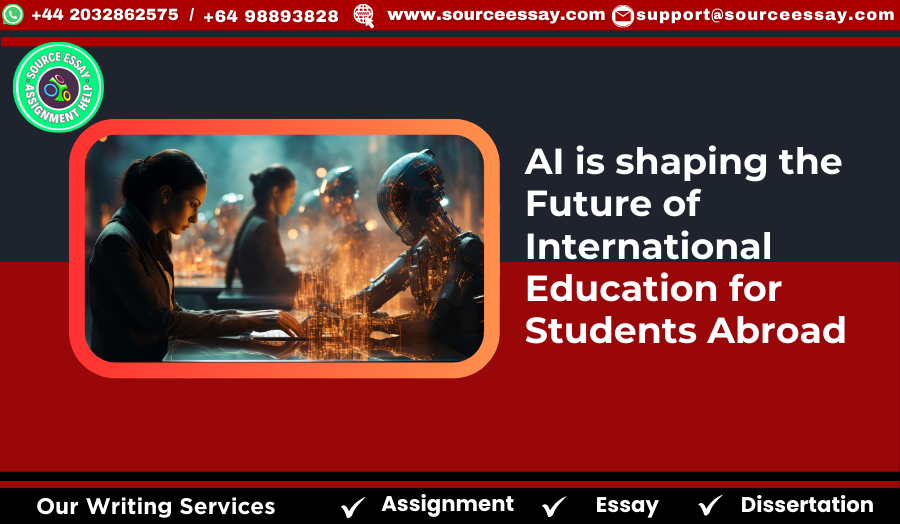Productivity to the work : AI
Artificial intelligence has made an enormous impact on modern-day society. Many sectors of work and other fields relating to some form of repeated or related tasks that humans have to do are under artificial intelligence. Additionally, tasks such as filling in the sheets, checking the questions, and other predictable, redundant, repetitive tasks are being automated through the help of artificial intelligence. By extension, this provides a lot of productivity to the work in the field where it is being used.
Moreover, artificial intelligence Has another use, which is creating, developing, and training it on data sets to enhance or find new discoveries, such as in certain areas it is being tested in the medical field for diagnosing patients early. It is furthermore, being used to create and develop new medicine and even new fuel for batteries, as the artificial intelligence can create and do much more in our much smaller time than what a human would do in a lifetime.
Revolutionized higher education
The sheer amount of production the rear allows it to be quite effective in many fields in many different ways, and the areas that it is being used in have yet to even be discovered; many areas are still under development. Artificial intelligence has also revolutionized higher education. It offers opportunities and challenges in many ways. First and foremost, artificial intelligence enables a highly personalized learning experience. It can analyze students’ strengths and weaknesses and create tailored educational content to fit their needs.
Their peers at an international level
The individuals need other students. This is applicable to international students as well, who might struggle with language barriers. There are also diverse educational backgrounds and study patterns from country to country, depending on how they are taught.
Thus, artificial intelligence can not only help students learn but also make them comfortable with learning new things and competing with their peers at an international level. Moreover, students can learn at their own pace, allowing them to grasp fundamental concepts before moving on to complex topics. AI can also break down complex subjects into smaller parts for students to learn.
Intelligence-powered translation tools
The ability to analyze large amounts of data sets, or basically become an analyst, is invaluable for students who are graduates or even postgraduates. Having a personal analyst to go over large amounts of data sets can help them identify patterns and generate hypotheses for their initial research. This allows them to quickly focus on more creative or complex aspects that require their interest and attention, rather than spending time researching data. Regardless, for international students, language can become an imposing hurdle. However, with new artificial intelligence-powered translation tools that can translate language lectures and notes of any other material for the students in real time, it allows them to compete with their peers at an equal level and breaks down barriers.
Compete at an equal level
The language barrier not only helps the student, but also improves their language skills much more efficiently. It allows them to compete at an equal level and removes the hurdle of the language barrier. Artificial intelligence also allows the new emerging technology, such as augmented realities, to be combined with artificial intelligence into transforming the educational experience of students.
Participate in lab experiments
You may be able to participate in lab experiments, interact with 3D models, and do all the things that augmented reality offers in real time with the help of AI, especially generative models. However, it is still in a very early alpha stage, and it cannot be stated that the technology would be sufficient for learning as of now.
Predictive analytics for universities
Predictive analytics for universities or even students can help the students and the universities. Universities can use the help of predictive AI to identify the students who are having diminishing qualities or performance or who are at risk of dropping out, and this can help the university start some changes around it, giving extra classes or maybe a lecture hall for these students concerns.
Are there any other strategies or initiatives that universities can implement to reduce dropout rates?
To facilitate effective learning, educators must be aware of student issues. This awareness helps students retain their degrees.
The international students and AI
So far, we have been discussing how global education and the international Landscape can be transformed with the help of artificial intelligence. International students can eradicate the language barrier they may encounter at an international border.
Artificial intelligence can create a competitive and inclusive learning environment for every individual. We cannot deny the fact that this could be a revolutionary step when it comes to educational resources that can be customized according to the specific needs of students, especially those living internationally.

